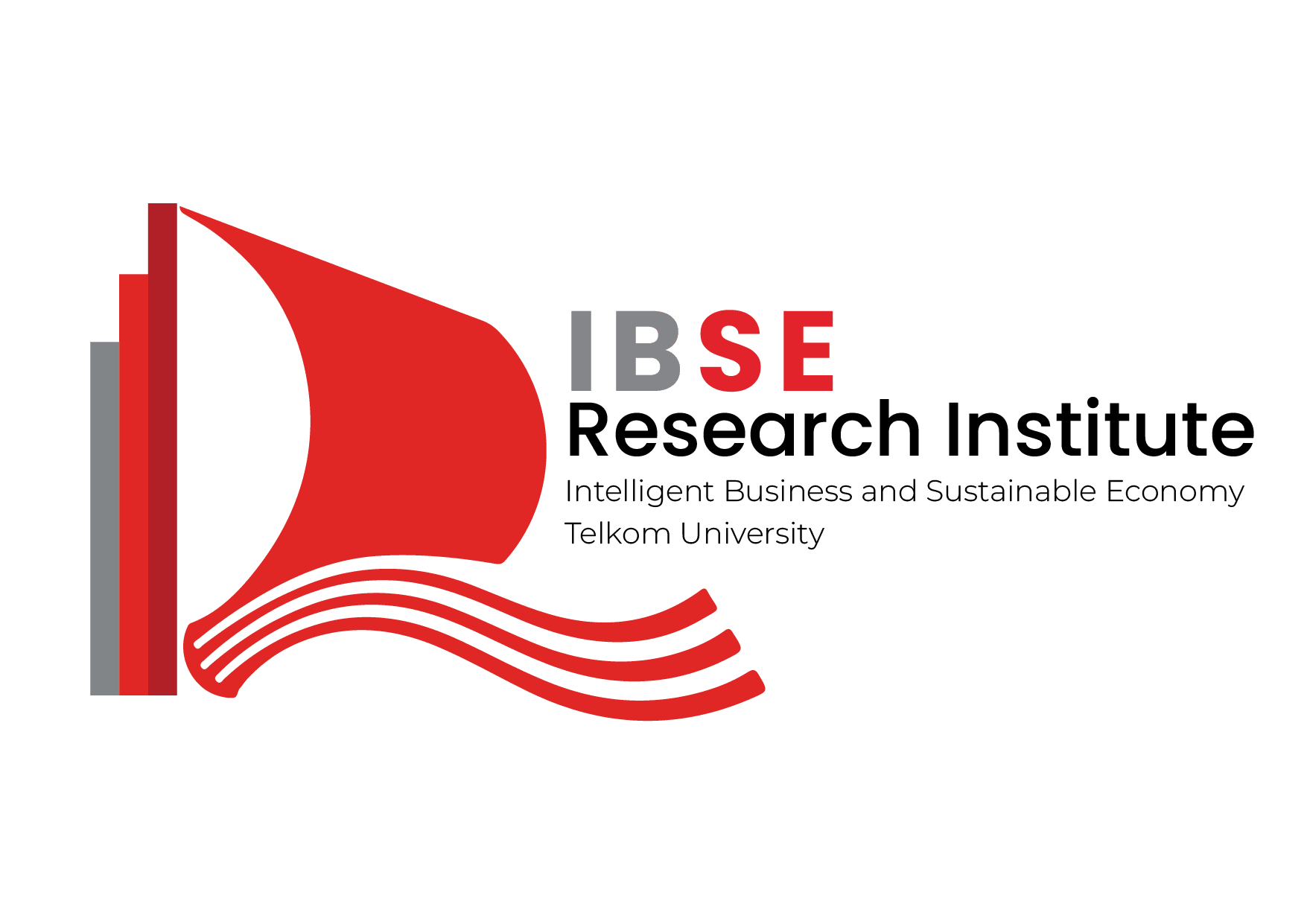
Editor’s Note: This article is adapted from an original news release by Telkom University and has been rewritten for the RI‑IBSE website to emphasize relevant innovations.
Telkom University (Tel‑U) is strengthening its commitment to sustainable community development through the introduction of innovative waste management innovations in Garut, West Java. These initiatives are part of the Living Lab Garut program, located in Tanggulun Village, Kadungora District. The program aims to deliver practical, technology-driven solutions for processing household and livestock waste while empowering local communities to adopt environmentally responsible practices.
This initiative is part of the national Diktisaintek Berdampak program and GRADASI (Academics Synergizing and Innovating Movement), a collaborative effort involving LLDIKTI Region IV, Tel-U, and several universities such as Universitas Garut, Universitas Pakuan, and ITENAS. By uniting higher education institutions and local stakeholders, the program builds a strong foundation for implementing sustainable farming methods that address ongoing waste management challenges in West Java.
Waste Management Innovations for Sustainable Communities
The program showcases several key technologies designed to address pressing waste problems while offering scalable solutions suitable for various communities. These include a portable plastic shredder machine, a portable leaf shredder machine, a pellet-making machine, and a soil nutrient measurement tool.
All these waste management innovations have been developed and refined through the research and incubation programs at Bandung Techno Park Tel-U. They are designed for practical use in both rural and urban settings, ensuring communities of different scales can benefit. Beyond reducing waste, these technologies encourage a circular economy approach by turning discarded materials into valuable resources.
Community Empowerment Through Waste Management Innovations
This initiative goes beyond providing technology—it also emphasizes community learning and empowerment. Local residents are encouraged to apply practical solutions such as biogas production, micro-hydro energy systems, and integrated waste-to-resource methods. The long-term vision is to establish integrated farming systems that can transform raw materials into high-value products, creating sustainable economic opportunities.
By involving the community in every stage, the program nurtures a sense of ownership and environmental responsibility. It turns waste management from a challenge into a source of innovation, entrepreneurship, and skills development.
Sustainable Future with Waste Management Innovations
The leadership at Tel-U highlights that these waste management innovations demonstrate the university’s ability to translate academic research into tangible benefits for society. By applying appropriate technologies to waste processing, communities can reduce environmental impact, maximize resource efficiency, and create additional economic value.
Looking ahead, Tel-U aims to expand the reach of these waste management innovations to other regions and further commercialize innovative products developed by its researchers. The Living Lab Garut stands as a strong example of how universities and communities can work together to create practical solutions that advance environmental sustainability and social progress.
Want to explore more RI‑IBSE updates and collaboration projects? Discover our latest news and stories here.
Prepared by Zahrasita Permata T.D | Photos by Public Relations Telkom University

